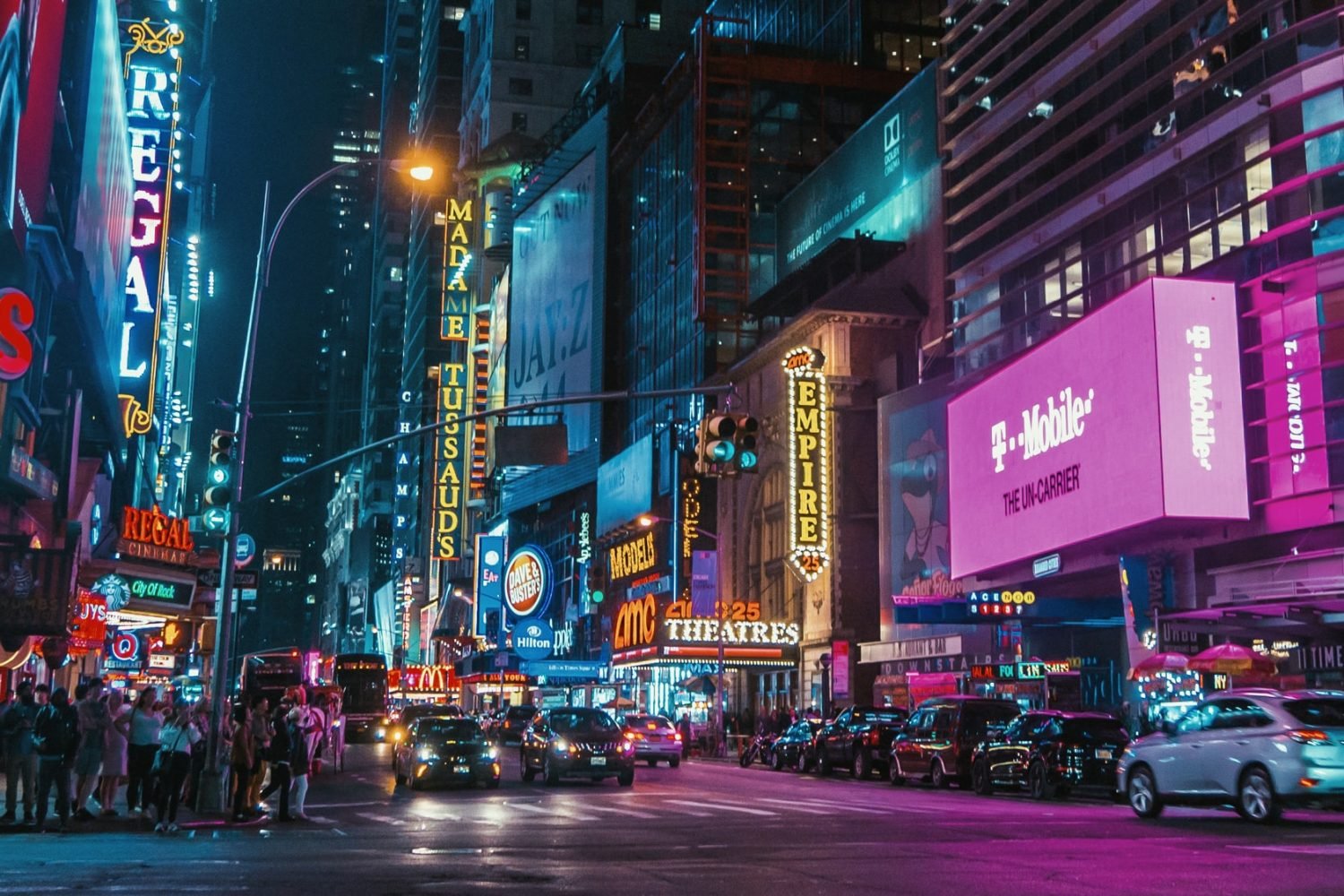City noise pollution has become an increasingly pressing issue in recent years. With more and more people moving into cities, the level of noise emitted by cars, buses, construction sites and other sources continues to rise. But did you know that noise pollution can have a negative effect on our health? Numerous studies have shown that city noise pollution can lead to hearing loss and fatigue, as well as a number of other health problems including anxiety and stress.
According to the 2011 report by the World Health Organisation titled ‘Burden of disease from environmental noise’ which collated data from various large-scale epidemiological studies, more than one million healthy years of life are lost every year in Western Europe due to noise-related ill health. Also, according to the European Environment Agency, noise is linked to 12,000 deaths and almost 72,000 hospitalisations each year in Europe alone.
However, it’s not just the sound of loud traffic or construction sites that can affect our health – even softer sounds such as birdsong or music played on a radio at low volume levels can have a positive effect on our wellbeing. In fact, according to a study published in the journal PLOS One, hospital patients who listened to sounds of nature or classical music had shorter recovery times and required less pain medication than those who didn’t listen to music.
In this blog post, we will discuss the effects of city noise pollution on our health and how sound healing can help mitigate these effects. We will also explore ways to protect yourself from noise pollution and loud sounds.
Types of sounds that make up city noise
The different types of sounds that make up city noise pollution include traffic noises such as cars, buses and trains; construction site noise from excavators or other heavy machinery being used nearby; loud music coming out of nightclubs or bars close by; aircraft taking off at an airport near you – this list goes on!
The sound of urban life is often overwhelming, distracting and can cause stress for those who live near it or work in big cities. It makes them feel as if they’re constantly being bombarded by noise pollution which increases stress levels and makes relaxing difficult. However, due to the fact that people tend to get used to their environment, they don’t even notice all this different type of noise around them.
City noise pollution affects our health
The sound of a busy city can lead to stress, anxiety and even depression. In fact, exposure to loud noises can cause loss of hearing which is the most common cause of tinnitus which is linked to anxiety and depression. Furthermore, researchers have found that people living in noisy areas are more likely to be hospitalised for heart disease and strokes than those who live in quieter places.
Traffic noise, which accounts for most polluting noise in cities, has been found to cause hearing loss, fatigue and cardiovascular problems such as high blood pressure. Also, construction site noise can cause sleep disturbance and affect cognitive performance. And aircraft noise exposure has been linked with an increased risk of heart disease, stroke and psychiatric problems.
Noise pollution can also have a negative effect on our social lives. It can be difficult to have a conversation in a noisy restaurant or bar, and it’s often hard to hear someone speaking to you on the street if there’s a lot of background noise. This can lead to feelings of isolation and loneliness.
Because we are accustomed to loud noises, we have become louder in how we talk in order for others to be able to hear us. At the same time, we tend to listen to music on headphones, watch TV on noisy speakers, and so on and so forth. The truth is that we live noisy lives and we are so used to this lifestyle that we don’t know any other reality.
Ways to protect yourself from city noise pollution and sounds
There are many different ways to reduce the impact of noise pollution on our health, but the most important thing is to be aware of how it affects us. Once we become more conscious of the sounds around us and how they affect us, we can make better choices about how to protect ourselves from them.
There are many different types of sound in our environment, and each one has an effect on us. Some sounds can calm us down while others cause stress; some help improve concentration while others distract from what we’re doing or thinking about at any given moment.
So the best and most effective way to protect your health from harmful soundscapes is simply to avoid noisy places and activities. However, there are moments that you won’t be able to avoid exposure to noise. Here are some ways to reduce the noise exposure in your daily life.
- Use hearing protection devices such as earplugs and earmuffs
- Soundproof your space
- Avoid crowded loud places
- Lower the volume of your phone, TV, radio or music
- When you are in loud places like bars or clubs try to stay far away from the speakers
- Limit the amount of time you are exposed to loud noises by taking short breaks.
The benefits of living in a quieter environment
Reduced noise pollution leads to better health and wellbeing for everyone. It has been scientifically proven that sounds of nature, and quiet environments reduce stress levels, increase productivity in the workplace, improve concentration at school (especially among children), help with sleep quality, reduce heart rate variability associated with anxiety disorders such as post-traumatic stress syndrome and many other conditions. You can find plenty of relaxing nature sounds on our Youtube channel.
Living in a quieter environment where there are birds singing, calm waves or river sound can also help us connect with our inner selves and access deeper states of consciousness. It gives us the opportunity to connect with nature, which has been found to be extremely relaxing and rejuvenating.
In short, reducing noise pollution has many benefits for both individuals and society as a whole.
How sound healing can counterbalance the effects of noisy environments
Sound healing or sound therapy is a great way to counter the effects of city noise pollution. Sound healing is the process of using sound frequencies to restore balance within the body and improve wellbeing. Sound healing can be done with instruments such as Tibetan singing bowls, tuning forks, gongs, drums, and even human voice. You can look for a sound bath or sound journey around your area. Attending a sound bath or a gong bath can be a great entry point to the world of sound healing as well as sound meditation. If you would like to enjoy a sound healing session from the comfort of your home you can simply listen our sound healing videos on Youtube.
Sound healing can be used for relaxation or stress reduction, as well as pain relief and meditation. It has also been shown to improve immunity, increase endorphin levels in the brain (the body’s natural opiates), reduce anxiety, boost memory recall, and improve sleep quality. You can find more interesting facts about sound healing on this page or on this blog post.






